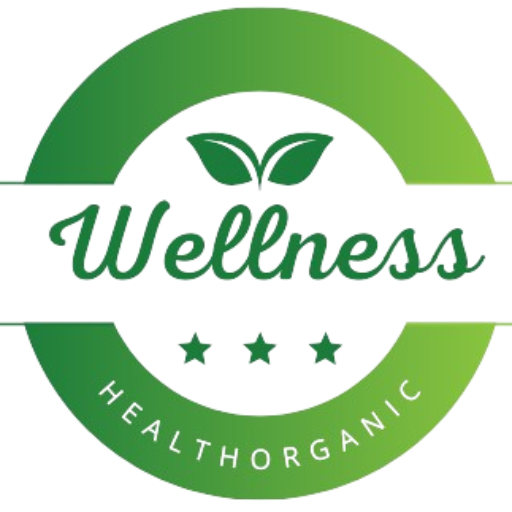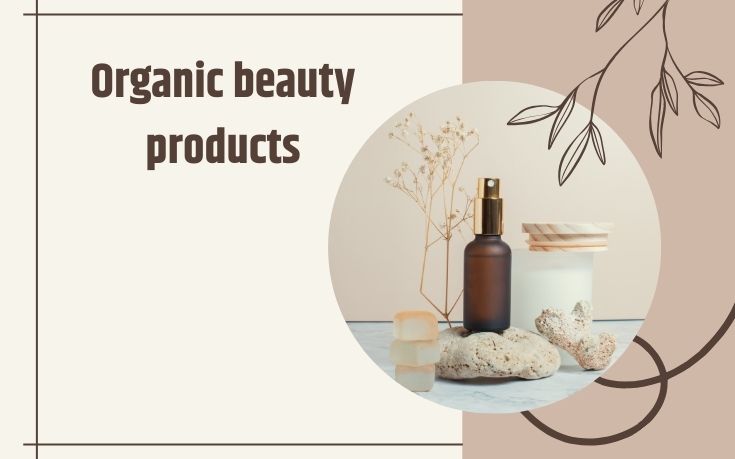Hello, my fellow beauty lovers! Organic beauty products do seem to take over the skin and cosmetic industries. Yet, are they worth all the hype that accompanies them? They surely give you good skin and a good conscience, right? But based on their efficiency in the job or due to some marketing gimmick? Let us find out in this journey of organic beauty and whether these products have all it takes to deliver.
Organic Beauty Products
Firstly, let us clarify what exactly organic beauty products are. Organic beauty products are made with organically grown ingredients without synthetic pesticides and fertilizers, or with genetically modified organisms.
They, in principle, hold little or no harsh chemicals, synthetic fragrances, and preservatives. Instead, they are supposed to be endowed with various natural extracts and essential oils, besides other plant-based ingredients that will generally nourish and care for the skin. Well, to make claims of being organic, these should pass specific certification standards like that of the USDA or COSMOS.
This will ensure that these products adhere to strict criteria on the source of ingredients and methods of production.
Health Benefits: Fact or Fiction?
Perhaps one of the most compelling arguments put forward by organic beauty products is their potential health benefits. Advocates say they are soft on the skin, less likely to irritate and cause allergic reactions.
Without harsh chemicals like parabens, sulfates, and phthalates, they supposedly do not have the potential to raise sensitivity of skin and long-term risk to health.
Some natural ingredients have been evidenced to possess anti-inflammatory and antioxidant properties that can benefit the skin.
For example, aloe vera provides anti-inflammatory, soothing activity with some hydration; green tea extract offers high levels of antioxidants that are very protective against skin elements of environmental damage.
The thing is, though, that “natural” doesn’t necessarily mean “better” for everyone. Natural ingredients can include known allergens. Moreover, the efficiency of organic ingredients differs depending on their formulation and concentration in the product.
Ecological Impact
Apart from that, people often say that there are many benefits from organic beauty products to human health and the environment.
These methods of agriculture have the least harm on the environment by avoiding man-made pesticides and fertilizers that devastate ecosystems and pollute water sources. This will also aid in enhancing biodiversity and soil quality toward the sustainability of farming.
Moreover, many organic makeup companies realize the importance of eco-friendly packaging by using either recyclable or biodegradable materials to limit waste.
This generally means that with organic beauty products, one is not only taking good care of one’s skin but also contributing to the endeavor of making the beauty industry more sustainable and ethical.
Effectiveness Compared to Conventional Products
Speaking to the effectiveness some organic beauty products could stand neck and neck with their conventional peers, but nothing works alike. Thousands swear by these products and pride themselves on texture, hydration, and skin health enhancement. Ingredients that command high admiration themselves include rosehip oil, jojoba oil, and shea butter—all packed with rich moisturizing and healing capabilities.
However, just because something is organic, doesn’t mean that everything is created equal.
The fact is, much like other beauty products, some are formulated better than others, with higher-quality ingredients and suit your skin type or concern. Some are very good; others aren’t.
It’s just as important to note that many skin complaints, really bad acne or hyper-pigmentation, require stronger treatments that would include synthetic active ingredients. At this stage, organic products would be insufficient on their own.
The Cost Factor
Another factor to consider is price. Organic beauty products are pretty pricey. They might be more costlier than conventional products.
This high variation of prices is attributed to many factors such as the cost of organic farming and sustainable packaging, plus the smaller scale at which many organic beauty brands are operating.
Although the upfront cost may be more significant, some customers realize that a little goes a long way with high-quality, organic products, making them arguably more cost-effective in the long run.
Moreover, investing in something better for your health and the environment gives satisfaction by bringing peace of mind.
Busting Common Myths
Here are some myths associated with organic beauty products that need to be debunked. The first is the notion that absolutely no synthetic ingredients exist within an organic product.
Indeed, organic products favor natural ingredients, but some of them might integrate synthetic preservatives to assure the stability and safety of the product.
Another myth is that all organics are hypoallergenic. Whereas most are truly gentle, people with specific allergies or skin sensitivities should always scan an ingredient list; even natural ingredients such as essential oils can be irritating to some skin.
Final Words
So, can organic beauty products do all that? Yes and no. Using these products does have potential health and environmental benefits, but acceptance of some of those products is less than others.
Organic beauty products potentially could be softer on the skin since they are made from natural high-quality ingredients and are eco-friendly.
However, these organically rich cosmetic products are not a panacea; they will not solve every problem.
Research, read those ingredient labels, and tailor them to your skin needs while choosing the best organic beauty products.
Whether you’re going completely organic or just bringing in some essential products into your routine, education will equip you with the power of choice—the best ones, that is—for your skin and the globe. Happy glowing!

